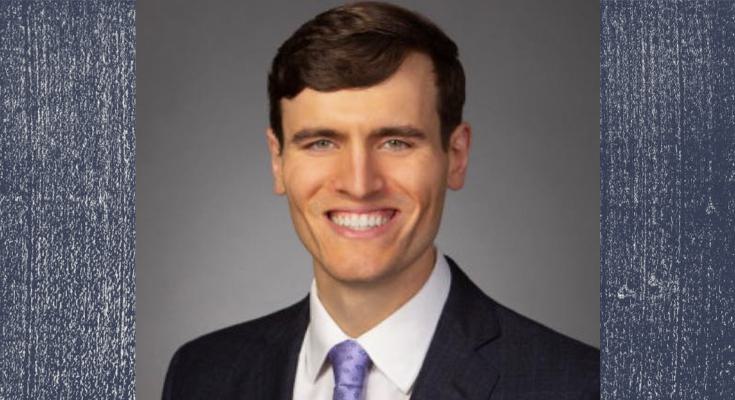By Brandon Moseley
On Wednesday, Alabama Solicitor General Edmund LaCour Jr. testified before the U.S. Senate Judiciary Committee during a hearing about recent Supreme Court orders in emergency proceedings. Critics of the Court have recently taken to referring to these decisions as part of a “shadow docket.” Solicitor General LaCour, however, defended the Court’s decision not to grant an emergency stay on the Texas abortion law for example.
LaCour testified that the High Court’s recent emergency proceedings are neither unusual nor “shadowy.”
LaCour claimed that the recent emergency-docket decisions that have garnered attention are far more ordinary than the Court’s critics make them out to be.
“Congress...Provided federal courts with the ability to do something about the emergencies they would unavoidably face,” LaCour told the Committee. “These proceedings hardly warrant such a nefarious name. Requests for preliminary injunctive relief are a critical piece of any court’s business, including federal district courts, courts of appeals, and the Supreme Court.”
Solicitor General LaCour drew on the State of Alabama’s regular experience litigating emergency matters before the Supreme Court to argue that “the process generally works well for litigants in emergency situations.”
LcCour further explained that the Supreme Court’s decision last month not to intervene in litigation over Texas’s recently enacted abortion law was an entirely ordinary ruling. As LaCour noted, even Justices who argued that the Court should have intervened agreed that the Texas law “raises unprecedented and difficult jurisdictional questions. It thus would have been extraordinary had the Court granted an injunction against the defendants when it was highly doubtful the Court even had authority to act.”
“In closing, the emergency docket provides an important release valve for litigants when the Court determines that relief is clearly warranted in drastic circumstances,” LeCour said. “And recent emergency-docket decisions that sparked this hearing are largely consistent with Court precedent and have been largely predictable. There is little shadowy about the Supreme Court’s emergency docket.”
Supreme Court Justice Samuel Alito slammed the term “shadow docket” recently in a speech at the University of Notre Dame.
“The catchy and sinister term ‘shadow docket’ has been used to portray the court as having been captured by a dangerous cabal that resorts to sneaky and improper methods to get its ways,” Alito said. “This portrayal feeds unprecedented efforts to intimidate the court or damage it as an independent institution.
“This picture is very sinister and threatening, but it is also very misleading,” Alito continued. “There’s nothing — absolutely nothing new about emergency applications… There is nothing new or shadowy about the procedure we followed in those cases.”
The Solicitor General of the State of Alabama is tasked by the Alabama Attorney General with, among other things, arguing on behalf of the State of Alabama before appeals courts, including the U.S. Supreme Court, whether the state is the plaintiff or the defendant.










